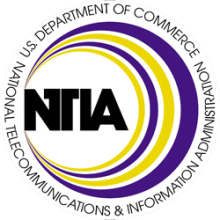Maryland's $115 Million Federal Broadband Stimulus Award
Maryland received a very large award to connect hundreds of community anchors. This is an excellent use of public money (it will lower the future need for public money to fund local agencies). The award came from NTIA's BTOP program.
The broadband funding will result in vastly improved Internet speeds for local government offices, schools, hospitals, and emergency communication networks across Maryland, officials said. More than 1,200 miles of new fiber-optic cable will be installed across Maryland — a 50 percent increase over the existing network capability, officials said. … The money will be used to link 458 schools, 44 libraries, 262 police and emergency centers, 15 community colleges, six universities and 221 other government and community centers in a statewide network designed to be available and secure in emergencies.As the networks are built with funds from the broadband stimulus, the networks will not be silo'ed, as is too often the case with public networks built primarily to connect community institutions. These networks will be available for the private sector to lease as well, creating more opportunities for broadband expansion and future competition. However, the track record of these middle mile networks creating last-mile connections is extremely poor. So let's not get too carried away, but it is a good step in the direction of local self-reliance and less of a dependency on massive absentee companies. Credit goes to Howard County's Ira Levy, who worked for more than a year to put the project together.
Much of the money — about $72 million dedicated to the 10 jurisdictions in Central Maryland — will be administered by Howard County.



